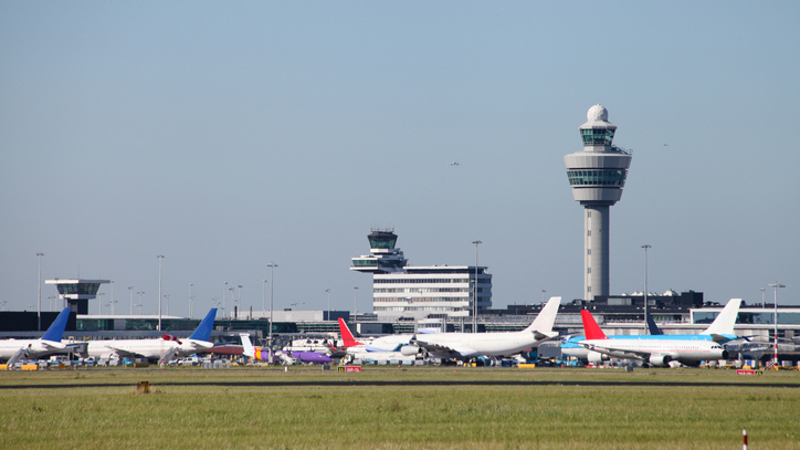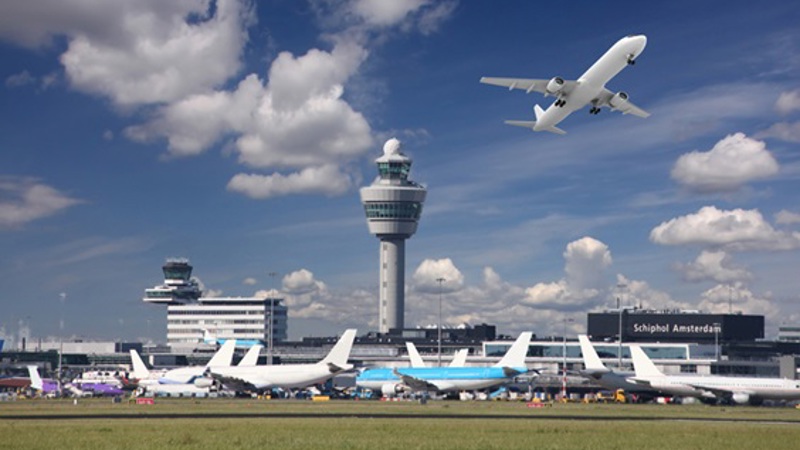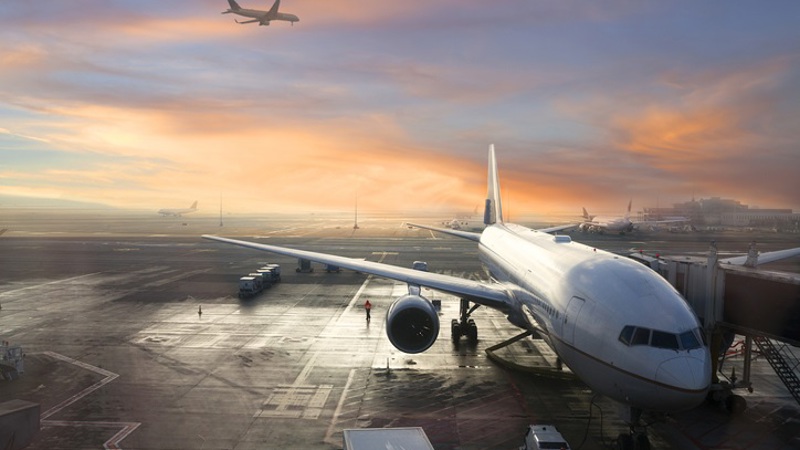Fossil fuel advertising removed from public spaces: Hague ban upheld
Introduction
Until recently, advertisements promoting sunny getaways to Curaçao, shiny SUVs, or all-you-can-eat cruises were a common sight in The Hague. That changed on 1 January 2025, when such advertisements have been banned from public spaces under the city’s so-called Fossil Advertising Ban (Reclameverbod).[1] This measure, laid down in The Hague’s General Local Regulation (Algemene Plaatselijke Verordening, or APV), prohibits visible advertising for fossil-based products and services - such as fossil fuels, air travel packages, and airline tickets - when displayed from public roads.
With this ban, the municipality aims to support its climate goals, protect public health, and improve the urban environment. However, the measure has met strong resistance from the travel industry, which claims it directly affects their commercial interests. The sector took the matter to the preliminary relief judge (voorzieningenrechter) of the district court of The Hague. In this blog, we discuss the court’s ruling, its key considerations, and what this could mean for other municipalities.
Ruling of the court
The travel industry argued that the Fossil Advertising Ban violates the right to freedom of expression and conflicts with European law. It requested the court to suspend the ban. However, the court in preliminary relief proceedings dismissed these claims.[2]
The court emphasized that municipalities have broad discretion when creating rules that serve public interests, such as public health, environmental protection, and climate policy (Article 149 of the Municipalities Act). As a result, the judge took a cautious stance and concluded that the municipality was acting within its legal authority to introduce the ban.
The court also found that the ban does not violate the right to freedom of expression, as set out in Article 7 of the Dutch Constitution. According to paragraph 4 of that Article commercial advertising is not covered by this right. The court ruled that advertisements from the travel industry qualify as commercial advertising because they are clearly intended to promote holiday packages for profit. This conclusion is not altered by the fact that the ban does not distinguish between commercial and non-commercial messages.
Finally, the court held that the ban does not breach European law. Importantly, the measure specifically targets advertising for fossil-based products and services. Travel companies remain free to advertise other types of travel or to promote their brand using their name or logo. Moreover, the ban does not apply to other media channels such as radio, television, or newspapers.
As mentioned above, this is a judgment in preliminary relief proceedings, which means that this is a preliminary legal assessment. The travel industry has already indicated that it will not accept the decision, so the debate is far from over.
[1] Amendment to the General Local Regulation (APV) of the Municipality of The Hague, dated 9 December 2024, Municipal Gazette 2024 No. 515873, available at: https://zoek.officielebekendmakingen.nl/gmb-2024-515873.pdf.
[2] Disctrict court of The Hage 25 April 2025, ECLI:NL:RBDHA:2025:6874, available at: https://uitspraken.rechtspraak.nl/details?id=ECLI:NL:RBDHA:2025:6874.








